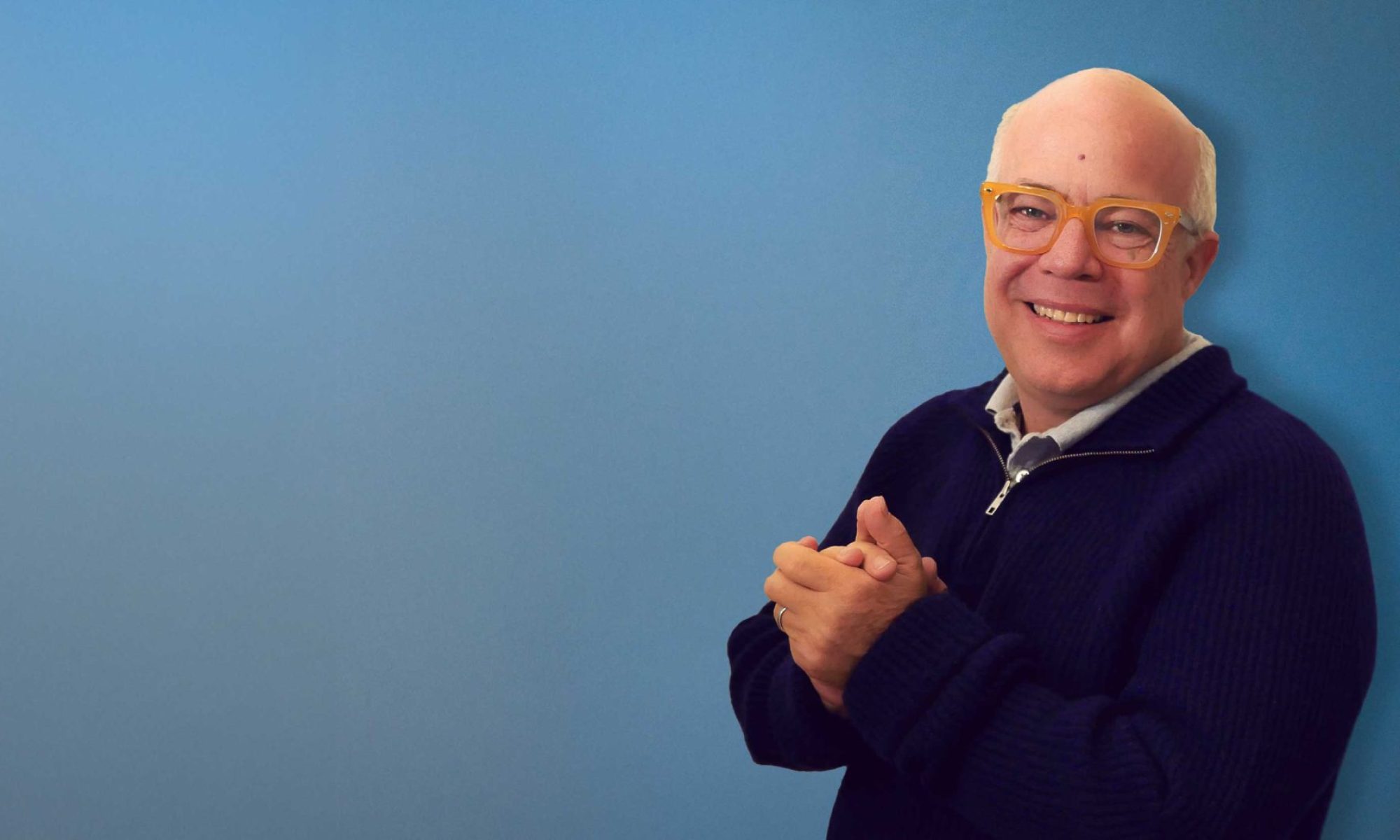I’d like to write several posts about this — about how EQ helps us plan for change, how it is key to our resiliency, and how it’s essential for leading change. But for today I’ll focus on how this intelligence can give us insight, or understanding.
Change is confusing. While we’re fabulous at change, usually, sometimes we get stuck. Then it’s hard! What’s happening to us in that process, and what intelligence can we apply to unwind the knot?
I like way that William Bridges explains that when we face change, there are two parts. One part one is the change itself which often happens at a certain point in time — the day you get your pink slip, the moment you see the officer at your door with tragic news on his face, the last cigarette you smoke before quitting, the day you get on that flight to a new city. These changes can be planned or unplanned, happy or sad, they’re a fact of life and while we can resist, they don’t stop.
The other part is the transition. The transition usually starts well before the change and continues long after. My dad died nearly a year ago and I still am in this transition. I changed jobs 13 years ago and it took 10 for the transition to be complete (-ish).
The change is largely factual. The transition is largely emotional.
The change is often driven externally. The transition is internal.
We can understand the change with IQ. Understanding the transition takes EQ.
 When we’re stuck in the process, usually it’s in the transition. Then we try to back out of the change. We get scared. Then the voices of the apocalypse* start in.. But that’s irrational! Stop being so stupid, just do it. It’s only a little ____. There must be something wrong with me.
When we’re stuck in the process, usually it’s in the transition. Then we try to back out of the change. We get scared. Then the voices of the apocalypse* start in.. But that’s irrational! Stop being so stupid, just do it. It’s only a little ____. There must be something wrong with me.
Because we’re “supposed to be smarter than that,” and we have not sufficiently developed EQ, we find this state of confusion very very problematic. We analyze more, but the more we analyze the more we get this particular cork stuck in the bottle: We’re analyzing away, but the issue is not intellectual. It’s not an IQ problem.
So we flail around, the voices of the apocalypse get louder, and we get mad at ourselves – and mad at others – and jealous – because we perceive our path is blocked. This should be easier! Why can’t I be ___er??
Over time (sometimes short time), we feel helpless and sad. I’m GREAT at change, I’ve accomplished SO MUCH, but I can’t even ___??? I’ve tried 100 times, nothing works.
Then we protect ourselves from these unpleasant feelings, usually by distracting ourselves (shopping, hanging out at the bar, blogging — ahem!) Or by acting out (other destruction), or acting in (self destruction).
What a mess! What if there were a way for us to tune into these transitions, value and honor the emotional challenge, and deal with the feelings rather than pretending to deal with the facts?
By the way, here’s a paradoxical * about the word apocalypse. We use it to mean end of the world, but it actually means “revelation.” Maybe those “irrational” voices are not the words of doom, but revelations of those deep fears and uncertainties that can teach us, protect us, and keep us focused on what’s truly most important as we navigate change?

 Me: “And what about Darth Vader – Luke even made him good, right? He knew there was good inside Darth and that’s what he focused on.”
Me: “And what about Darth Vader – Luke even made him good, right? He knew there was good inside Darth and that’s what he focused on.” The challenge is maintaining it — holding onto the kindness in the midst of the daily frustration. Because while Emma can choose her response, Josie is continuing to look for opportunities to blame. And how do you, as a 9-year-old, not take this personally? It’s so difficult to step back and recognize that Josie’s reactivity is Josie’s.
The challenge is maintaining it — holding onto the kindness in the midst of the daily frustration. Because while Emma can choose her response, Josie is continuing to look for opportunities to blame. And how do you, as a 9-year-old, not take this personally? It’s so difficult to step back and recognize that Josie’s reactivity is Josie’s. Out to dinner on Valentine’s Day, young couple on first (?) date sitting at the next table:
Out to dinner on Valentine’s Day, young couple on first (?) date sitting at the next table: